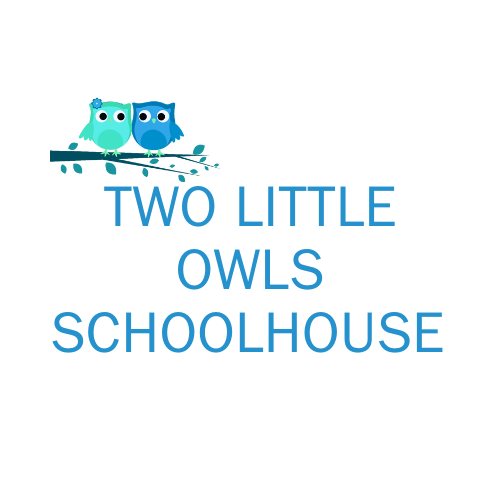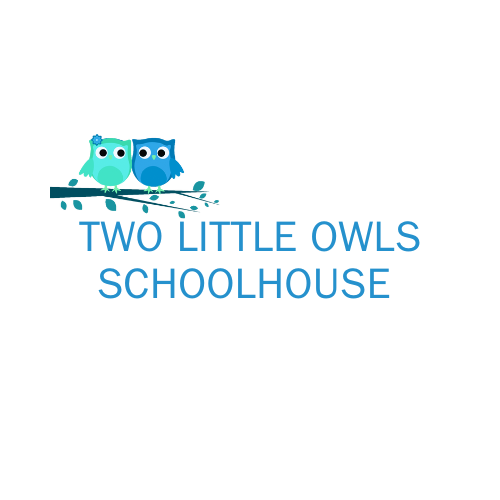Nurturing with Nature: The Waldorf Approach to Preschool (Series: Choosing the Right Path for Your Child, Part 2)
Welcome back to our series outlining the major early education methodologies here in the US to help inform you as you begin to explore options for daycare/preschool. In this second installment, we will explore the magical Waldorf philosophy and why it could be an excellent fit for your little one. As a child development specialist, new mom, and Partner of Two Little Owls Schoolhouse and SolBe Learning, I'm excited to delve into the rich history, unique benefits, and potential limitations of a Waldorf education. Let's embark on this enlightening journey together!
The Waldorf approach, developed by Rudolf Steiner in the early 20th century, places great importance on nurturing the whole child—intellectual, emotional, physical, and spiritual aspects.
Emphasis on Holistic Development: Waldorf schools provide a balanced curriculum that integrates artistic expression, movement, nature connection, and imaginative play, fostering a well-rounded development.
Creative Expression and Imaginative Play: Waldorf education encourages artistic activities such as painting, storytelling, music, and handwork. These creative endeavors promote self-expression, imagination, and cultivate a deep appreciation for beauty and aesthetics. The emphasis on imaginative play allows children to explore and develop their creativity, problem-solving skills, and social interactions.
Strong Sense of Community: Waldorf schools foster a strong sense of community, with an emphasis on building relationships between students, teachers, and families. Regular festivals, celebrations, and communal activities create a supportive environment that encourages cooperation, empathy, and social connection.
Slow Introduction to Technology: Waldorf education often delays the introduction of technology until later grades, focusing instead on hands-on experiences, nature exploration, and face-to-face interactions. While this can be seen as a positive aspect, it's essential to consider your child's individual needs and the role of technology in their future education and career paths.
Limited Emphasis on Academic Readiness: Waldorf education takes a holistic approach to academics, prioritizing the child's developmental readiness over early academic achievements. If you are seeking a preschool that heavily emphasizes academic skills and early literacy and numeracy, a Waldorf approach may not align with your goals.
When I read this it screams “MARLO AS A CHILD!” The focus on imaginative play, the arts, storytelling, community, ect. all sounds like an absolute dream to my inner child. In addition to all of these magical elements, gardening is often incorporated into the curriculum, offering children hands-on experiences with nature, fostering a deep connection to the environment, and teaching valuable lessons about sustainability, responsibility, and the cycle of life.
Paying close attention to your child's natural inclinations is ESSENTIAL in making these kinds of decisions. A child (like myself) would have been stifled in a structured Montessori approach- whereas, Waldorf of Reggio would offer more opportunities for me to follow my innate curiosities…this is where learning and development FLOURISH!
The Waldorf philosophy offers a unique approach to early childhood education, with its focus on holistic development, artistic expression, imaginative play, and a strong sense of community. It provides a nurturing and balanced environment that fosters creativity, social skills, and a love for learning. However, if you prefer a preschool with early academic rigor or if technology integration is a priority for your child's educational journey, exploring other approaches may be more suitable.
“Receive the children in reverence, educate them in love, and send them forth in freedom.”
Stay tuned for the next article (my personal favorite and core methodology of SolBe Learning… Reggio-Emilia!) in this series as we continue to explore different educational methodologies to help you make the best decision for your child's preschool experience.
Be Vibrant!
SolBe Mar



